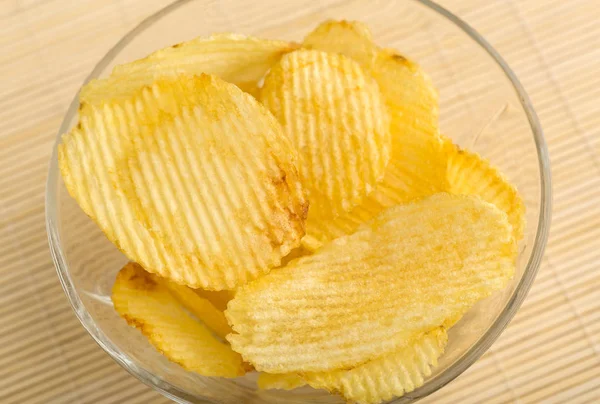“An over-indulgence of anything, even something as pure as water, can intoxicate.”
Regular cardio and exercise are good, but exercising twice or thrice a day after every meal or every drink can cause muscle loss. Even the best lifestyle change can turn worse if overdone. Indulgence kills discipline and the quality of life.
Balance and uniformity is the first step towards a healthy lifestyle, but living on your own for the first time can make it challenging to achieve this balance. The newly held power of being alone can put students at risk of indulging in bad habits such as overeating, overspending, a sedentary lifestyle, and substance abuse.
Indulgence is one of the greatest evils you can face in college. It affects everyone differently. Some stay glued to their PCs playing games for days, while others find partying and drinking to escape the stress. Leslie Hayes also found himself indulging in spending too much money on dine-outs that negatively impacted his financial goals in the long run. He quotes his experiences and how he navigated through it all in his book, The Unofficial Guide to Surviving College, co-authored with his father, Dr. Eugene Hayes. Let’s see how indulgence affects students both mentally and physically.
Physical Effects
Indulgence is often considered a byproduct of self-pity and addiction. People use indulging in different habits as a coping mechanism to avoid problems that must be resolved immediately. Indulgence, such as overeating, overspending, slacking off, and screen time, negatively impacts our bodies. Most teenagers also start developing a dependency and de-track themselves from their academic pursuits to less beneficial prospects.
Another consequence is losing interest in other aspects of life and deteriorating physical health. A clear explanation would be Leslie’s days as a college student who loved dining out and spending hundreds of dollars every month on his favorite restaurants, which later led him to gain weight and deal with financial problems.
Mental Effects
When you start depending on a certain habit for happiness or killing time, the mind uses this habit as a trigger for higher secretion of dopamine and melanin, which consequently causes drowsiness and fatigue and disrupts your daily activities. Students who indulge in harmful habits such as substance abuse, overeating, and doom scrolling feel passive and detached from their academic goals.
Another common indulgence among students is binge-watching, where people tend to watch entertaining and informative content for a long period, sometimes without breaks, and neglect their academic progress. Binge watchers stay up late and spend their energy on TV shows and movies. Such activities disrupt their circadian rhythm and result in negative programming of the subconscious mind and chemical imbalance.
Leslie’s experience with indulgence was also similar. It affected his mental and physical health. Thankfully, he soon realized how his procrastination and academic performance negatively impacted his studies and finances. Such distressful situations require immediate action, such as effective planning and breaking tasks into shorter, more achievable milestones. In The Unofficial Guide to Surviving College, Leslie and Dr. Eugene Hayes describe how you can avoid last-minute scrambling on assignments and indulgence in unhealthy habits through perseverance, discipline, and resilience. Grab your copy now.
Topics #Indulgence











